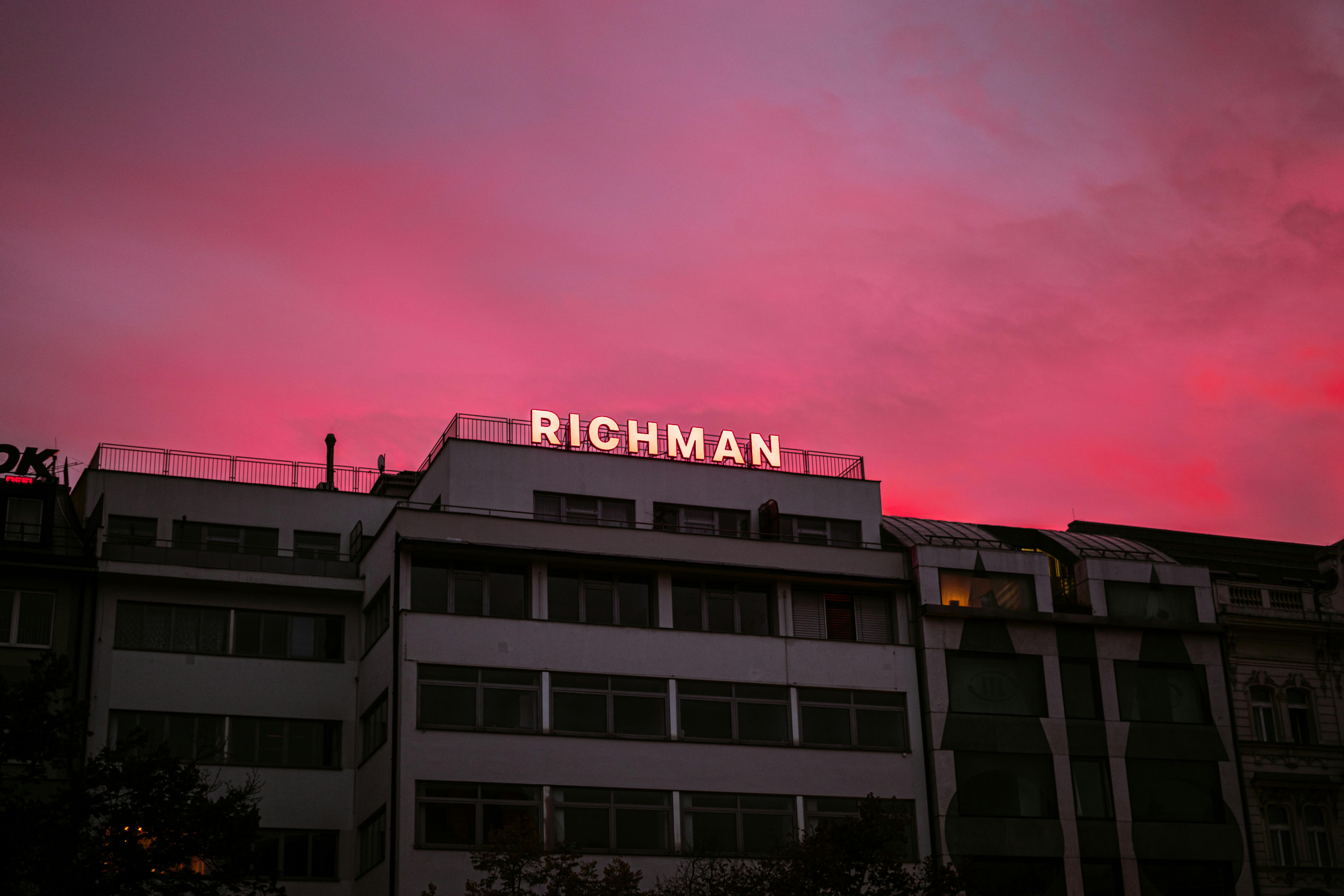Food and beverage service is the service of food prepared in the kitchen and drinks prepared in the bar to customers (guests) in food and beverage facilities, which can be restaurants, bars, hotels, airlines, cruise ships, trains, companies, schools, colleges, hospitals, prisons, take away food, etc.
Food and beverage outlets are divided into the following categories:
1. Restaurants: Restaurants are places where food and drinks are served.
There are several types of restaurants:
Restaurants with all-day dining: They are sometimes called Cafeterias or Cafes in hotels. They are usually large in size with many Covers (seats), compared to other Restaurants in the same Hotel. The main reason they are called full-time restaurants is because of their opening hours, as they are open for breakfast in the morning, lunch in the afternoon, and dinner in the evening.
Haute cuisine restaurants: Haute cuisine restaurants are characterized by their elaborate and exclusive menu with special emphasis on the very high quality food they serve. The emphasis is on fresh ingredients and natural flavors or the type of cuisine served, or both. In general, the operation of this restaurant revolves around the Chef de Cuisine of this Outlet.
Specialty Restaurants: These are restaurants that generally have an attached national or regional type of character or cuisine, for example: Italian specialty restaurant, Chinese specialty restaurants, etc. In some hotels, they sometimes also have a multi-cuisine specialty restaurant, which literally means that the restaurant serves cuisine from more than one country, or the dishes on that restaurant’s menu feature food specialties from many different countries.
2. Lounge: Lounges can be found in different hotels. Its main objective is to offer food and drinks in a relaxed setting with comfortable and cozy seating in a relaxed setting. There are many types of lounges ranging from a lobby lounge, cocktail lounge, and cigar lounge to executive lounge and clubhouse on specialty floors.
3. Bar: Bar is a place where drinks are served. There is also usually a small snack menu. The service is fast and fast. There are various types of bars ranging from formal bars to club bars, pubs, pool bars, wine bars, cocktail bars, beach bars, juice bars and many more.
4. Discotheque / Night Club: These are points of sale where Music and Entertainment have priority over Food and Drinks. The operation is very fast and the number of guests is large. Safety is an important aspect in these operations. Music and entertainment can range from DJs to live bands.
Room Service / Room Service: Room Service, also known as Room Service, is the service of food and drink in the rooms of a hotel or resort. Depending on the size and type of Hotel or Resort, their functions vary.
6. Meeting and conference rooms: The meeting and conference rooms together with the ballrooms are included in the Banquets and conferences section. They are a great source of income in the food and beverage department, usually in corporate and urban hotels. MICE (meetings, incentives and conferences and exhibitions) can generate a lot of revenue in some hotels compared to other outlets in the hotel.
7. Ballrooms: they are large event rooms that are used mainly for events and weddings. The staff ration of the full-time staff in this section is much less as the wedding function and business can sometimes be seasonal and the additional staff is usually supplemented by the use of informal staff. This section is the most dynamic section on food and beverage with the lecture section, which is more physically demanding and more creativity-oriented.
8. Delicatessen: Delicatessen or Deli had traditionally been a place where fresh meat and other products were available. Hotels today use this concept of having a Deli on their premises, where guests can buy fresh products ranging from freshly baked bread, cold cuts, fresh salads, cakes, homemade ice cream and light and healthy drinks.
9. Others: There are many other food and beverage outlets ranging from fast food outlets to food courts to snack bars, which are generally freestanding or in a shopping center.
This is just a brief introduction to Food and Drink.
